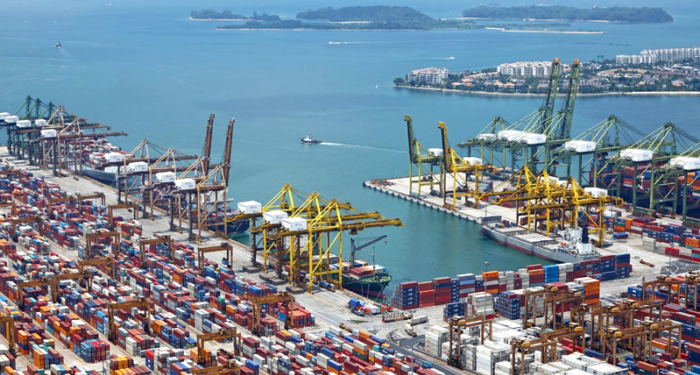Ahead of the European Parliament’s hearings of the commissioners-designate, a coalition of more than 40 European associations and organisations reiterated their call for a strong transport budget. While the previous European Parliament and the Council had agreed on a common understanding on the proposal for the Connecting Europe Facility 2021-2027 (CEF II), the budget will be decided by the upcoming negotiations of the Multiannual Financial Framework.
Completing the TEN-T core network by 2030 and, at the same time, moving towards a truly green, climate neutral, integrated and digital transport system requires a large amount of investments and funding. For these reasons, the coalition calls on the newly elected Members of the European Parliament and the incoming Commissioners to support the demand for an increased transport budget, including the proposed transfer of funds under the Cohesion envelope,
…ESPO noted.
The European Parliament had demanded an increased budget of €33.51 billion (€37.76bn in current prices) for the transport envelope of the Connecting Europe Facility II.
The Connecting Europe Facility has proven to be a financial instrument delivering highly added value.
A study, commissioned by ESPO investigating the future investment needs of European ports, estimates that European ports face investment needs of around 48 € billion for the period 2018-2027.
It also shows that port authorities have only been able to obtain 4% of the grant envelope over the last 4 years.
The transport sector is facing huge challenges in terms of decarbonization and digitalization. These challenges need to be addressed if we want to continue to ensure the connectivity within Europe and thus the well-functioning of the internal market. European seaports need to invest continuously to remain state-of-the-art and cater for their multi-functional role as gateways to trade, multi-modal hubs, nodes of energy and clusters of industry and blue economy. The connecting Europe Facility is instrumental in preparing Europe’s ports for the future,
…says ESPO’s Secretary General Isabelle Ryckbost.
Earlier in September, ESPO submitted its proposals regarding the European Commission’s review of the TEN-T Regulation, noting that the new TEN-T guidelines should be adapted to recognize the role many seaports are playing in the field of energy and digitalization over their classical role as components of maritime transport infrastructure.
ECSA’s Secretary General Martin Dorsman supports the coalition, demanding more EU budget, highlighting that
The European shipping industry is fully committed to working towards becoming carbon-neutral within this century, in accordance with the IMO’s GHG reduction strategy. The very ambitious reduction goal will require R&D breakthroughs in technologies, equipment and fuels not yet existing. Funding by the EU will be necessary to create growth and jobs in Europe.
































































